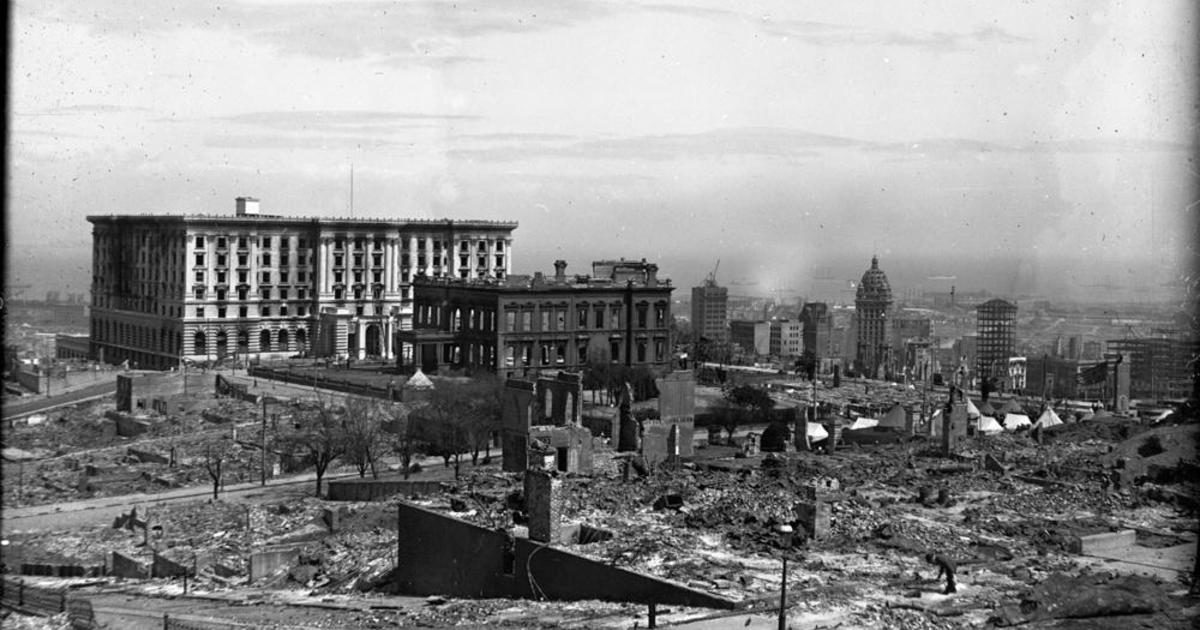Who Is Making Money From Bay Area Blood Donations?
SAN FRANCISCO (KPIX 5) -- Every year, millions of people across the nation and in the Bay Area donate their blood for free. KPIX 5 has discovered some are making a fortune off those donations.
Amaka Watson gives blood to help her community. "Saving a life is, how can I put it, it's priceless," she said.
Her donation doesn't stay local or priceless for long.
At blood banks, such as the one run by the Red Cross in Oakland, blood gets separated into products: red blood cells, plasma and platelets. "We get the most out of each donation that way," said the blood bank's spokesperson Jared Schultzman.
He explained it's an expensive process. "For us to collect the blood, for us to test the blood, and for us to process the blood and distribute it we incur great fees," Schultzman said.
The cost has to be passed on. And that's why blood is big business. "It's one very valuable commodity," said Arthur Caplan, bioethics professor at the Lagone Medical Center at New York University. Caplan is one of the country's leading experts on blood.
"Think of it as oil," Caplan said. It has to be refined and moved and shipped."
Caplan said the FDA regulates the safety of the blood supply.
What about prices? Caplan said nobody is regulating that. "I absolutely worry, and I have seen it happen, when there are shortages of a particular blood product, that people just gouge," he said.
The Red Cross and an umbrella group called Blood Systems, whose local affiliate is the Blood Centers of the Pacific, control the U.S. blood supply. Hospitals are their main customers.
Dr. Eberhard Fiebig buys blood for San Francisco General, from Blood Centers of the Pacific. "Our physicians need it every day for emergency care as well as for routine medical and surgical care," Fiebig said.
A unit of plasma runs about $50, red blood cells about $250. Platelets are the most perishable, and the most expensive, about $525 per unit. Then the hospitals tack on their own surcharges.
"There are real costs. In our system we choose to have it here paid as part of hospital bills," Fiebig said.
Then there's the blood that goes overseas. Just through July of this year more than $1 billion worth of blood products was exported to more than 100 countries, mostly in Europe. The biggest importers: Germany, Austria and Spain.
Most of the exports are frozen donated plasma. But drugs made out of blood components are also exported. It turns out non-profit blood banks sell donated blood components to for-profit pharmaceutical companies.
"We have had situations where people in the U.S. that need drugs which are made from blood wind up not being able to get it, because somewhere else in the world they are paying more," said Caplan.
The blood banks KPIX 5 talked to didn't seem eager to discuss that. "I don't know a whole lot about the financial side," said the Red Cross's Jared Schultzman. The Blood Centers of the Pacific didn't want to talk to us at all.
"They do best by saying to people please make a gift, help a neighbor," Caplan said. "I am a blood donor, and I support it, but that doesn't mean that the industry side of this business couldn't use a tougher examination."
In the United States you can't sell your blood, you have to donate it. That law was created to keep the blood supply safe.
(Copyright 2013 by CBS San Francisco. All rights reserved. This material may not be published, broadcast, rewritten or redistributed.)



